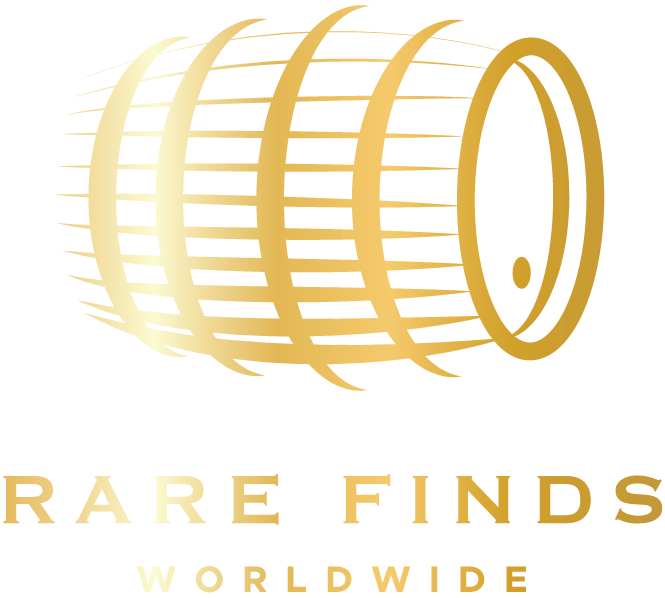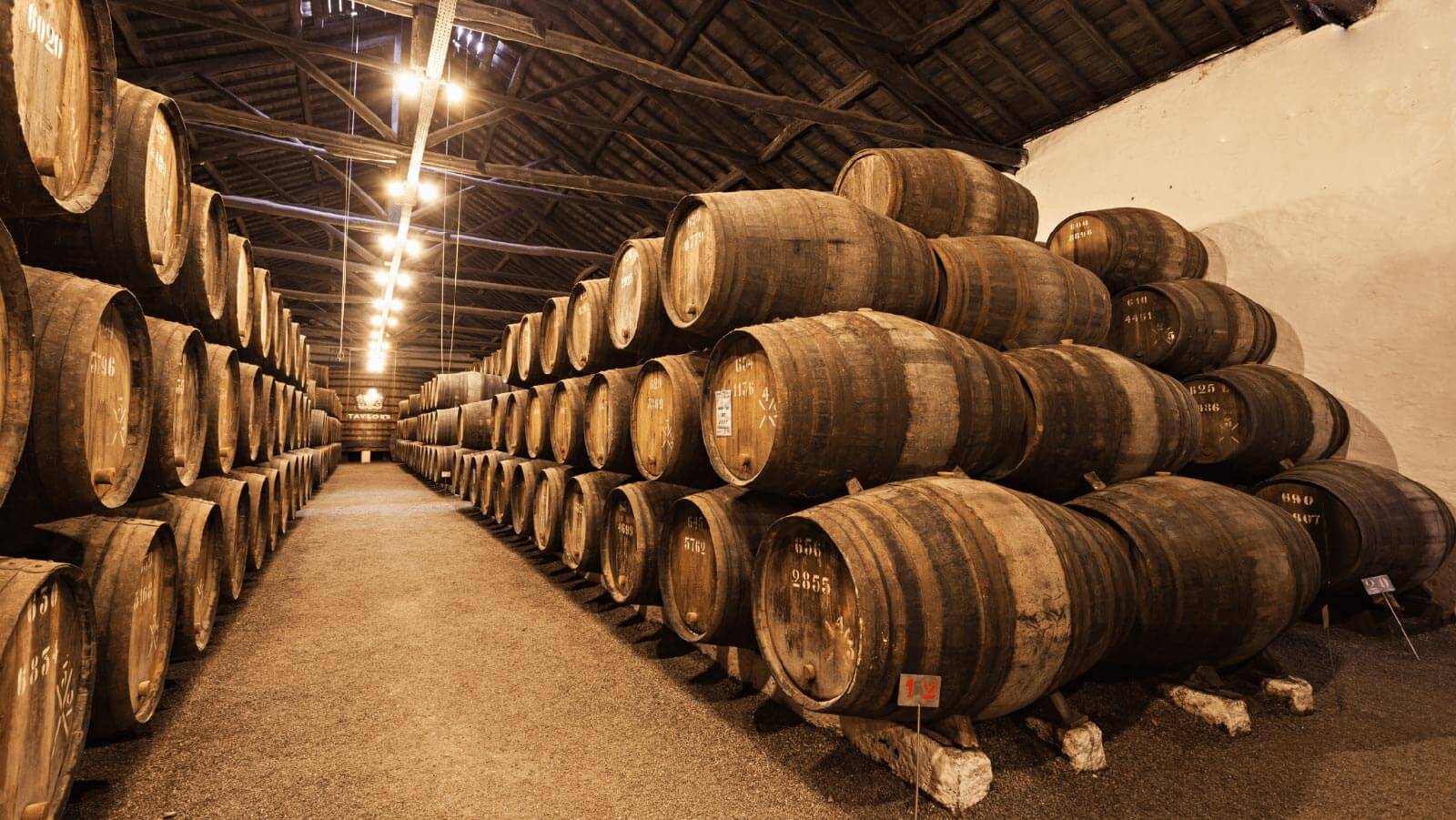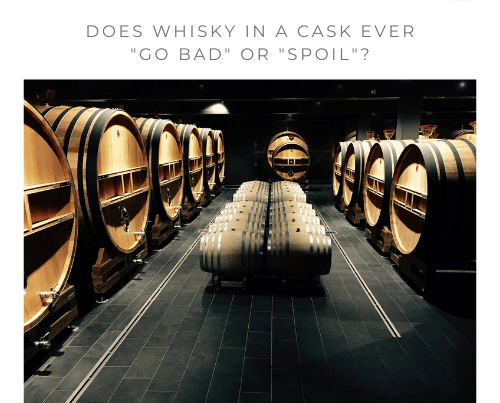When people talk about whisky as an investment, one of the most common terms used is “alternative asset”. Alternative investments are assets that fall outside traditional investment opportunities. With the right management, however, these assets can be just as profitable or even more so than traditional investments.
As an alternative asset, whisky is frequently compared to assets such as modern art, cryptocurrency, wine, and vintage cars. Despite all being labelled as “alternative assets”, each type is traded in distinct ways and behaves very differently. To be classified as a viable investment asset class, they must share some common properties.
One of the most important qualities for an asset to be considered a viable investment is its liquidity. In theory, any asset can be valued and can go up or down in price. However, if you as an individual investor are not able to trade the asset with ease, even if it goes up in price, you will find it difficult to realize those returns. Therefore, it is important to understand what kinds of markets investment-grade rare whiskies are traded in so you can decide the best way to participate.
1. The trade
Most whiskies, be it casks or bottles, are traded and used within the industry. Casks of whiskies are fundamentally distilled and filled by distilleries so that the distillery controls the supply of stocks in the market. Other participants in the trade include various brands of blenders, independent bottlers, brokers, and professional cask traders. Casks are also often traded in bulk and batches within the industry. Due to the high quantities, individual cask owners rarely participate.
2. Private market
This includes individual cask owners, private investors, whisky enthusiasts, collectors, whisky bars, whisky retailers, and brand distributors, among others. Private cask owners buy casks for various purposes which could be for investments, personal enjoyment, brand building/ marketing, or as a part of their core business. They will often employ brokers to broaden their distribution and sourcing network. Retailers may also sell casks to their high net-worth customers.
As whisky is becoming increasingly popular, bars and retailers around the world are all snatching casks at a rate faster than ever before to ensure their reputation and status in the industry and to satisfy their customers’ demand for new and interesting private bottlings. Individual cask owners can also often sell their cask to these parties through the help of brokers. They can also buy by simply making an inquiry to the right party.
3. Auctions
In the past, auction houses would only carry bottles. As cask trading between individuals became more and more mature, all major whisky auctions, be it online or physical, now include casks as one of their major categories.
Auctions provide a convenient way for anyone to participate in cask trading. Most professional auction houses provide great service and due diligence. However, they tend to lack cask management service, meaning that you will most likely have to arrange your own storage and insurance for the cask.
Lower value casks tend to perform well in online auctions, while higher value casks tend to be more popular in traditional auction houses. Auction houses charge both the buyer and seller a commission ranging from 10 to 25%.
4. Cask ownership programs
Understanding the popularity of casks, more and more distilleries (especially new ones) have been initiating cask ownership programs for individual enthusiasts and cask owners. Buying directly from a distillery is the most reliable source, but it does come with various restrictions, depending on their policies and cask ownership programs. Top-notch distilleries know how valuable their casks can be and often ask for premium prices and impose restrictions on the usage of the cask when dealing with individuals. These restrictions can include limiting the years of aging, limiting the use of labels, and limiting the transfer of ownership.
Less popular distilleries, on the other hand, have fewer restrictions. However, the price they offer may not necessarily be cheaper compared to buying from a distributor, as they often do not offer the same level of discounts to individuals.
As an individual investor, assessing these cask trading methods will help you determine the best exit strategy for your whisky investments.






